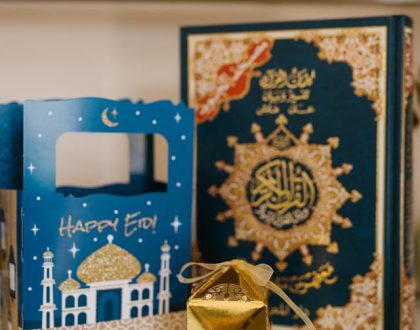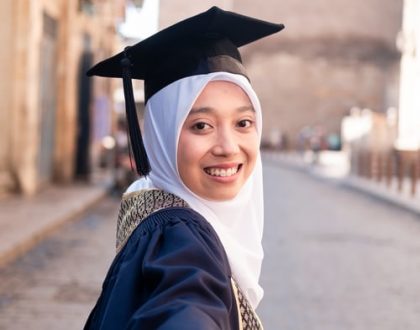What should I do if I forgot to pay zakat al fitr?

Zakat ul Fitr covers any shortcomings in your fasting during Ramadan
Abdullah ibn Abbas narrated May Allah be pleased with him said:
The Messenger of Allah (peace be on him) prescribed the sadaqah of fitr (alms relating to the breaking of the fast) as a purification of the fasting from useless and obscene talk and as food for the poor. If anyone pays it before the prayer (of Eid), it will be accepted as zakat. If anyone pays it after the prayer, that will be a sadaqah like other sadaqahs (alms). (Abu Dawoud)
If your forget to do something, the best thing is to do them as soon as you remember.
“Our Lord! Punish us not if we forget or fall into error” [al-Baqarah 2:286]
If you forgot to pay zakat al fitr before the Eid salah, pay is afterwards and ask Allah Almighty to accept it from you. As per the hadith it will not count as zakat al fitr, it will count as sadaqah.
Next time be careful not to repeat this mistake by setting a reminder to yourself. This is an obligation so try your best to fulfil it. The purpose of zakat ul fitr is to spare people from having to beg on the day of Eid, so if you did not give it before Eid, it did not fulfil the purpose.
وعن ابن عمر رضي الله عنهما قال: قال رسول الله – صلى الله عليه وسلم-: “أغنوهم في هذا اليوم”
رواه الدارقطني والبيهقي.
Ibn ‘Umar (may Allah be pleased with him) narrated that the Messenger of Allah (may Allah’s peace and blessings be upon him) said:
“Spare them (from begging) on this day.” (al-Daraqutni and al-Bayhaqi)
Shaykh Haytham Tamim
Related posts
Zakat – A means of proof, purification and growth – Utrujj
- Why should you follow up one good action with another one?
- Don’t be a Ramadani person – Be a Rabbani person.
- How do you pray Salat al-Kusuf – the prayer during a solar eclipse
- The test of will – Tarawih Reflections 30
- Why humans can’t be gods – Tarawih reflections 29
Recommended Posts

When can you fast after Eid?
April 07, 2024

Is it permissible to take out a student loan?
April 02, 2024

